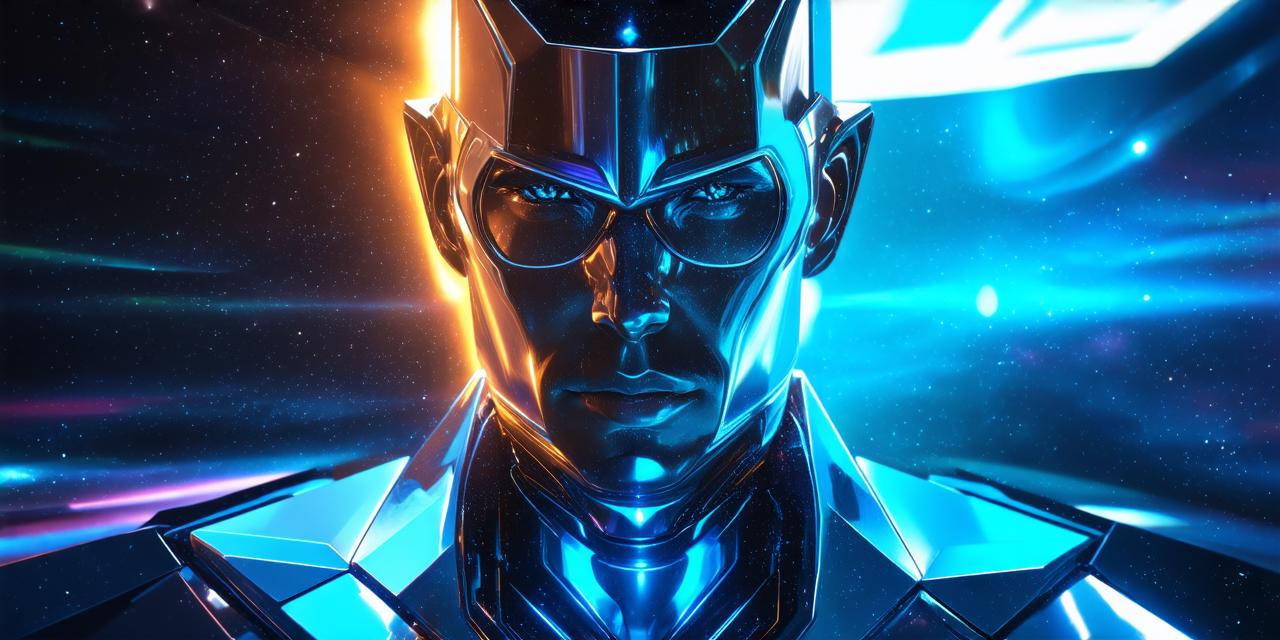The concept of a virtual world that blends seamlessly with reality has been around for decades. From early experiments in telepresence to more recent advances in augmented and virtual reality, the idea of a shared digital space has always been an intriguing one.
However, it wasn’t until the COVID-19 pandemic struck that the term “metaverse” was coined, and its potential began to capture the public imagination.
The Government as Creator of the Metaverse
One of the earliest and most prominent voices advocating for government control of the metaverse is Neil Stephenson, a science fiction author and professor at the University of Toronto. In his 2012 novel “Snow Crash,” he introduced the concept of the metaverse as a dystopian world controlled by a single corporation. However, in subsequent interviews and articles, he has expressed a more nuanced view, suggesting that while governments should play a role in regulating the metaverse, they should also encourage decentralization and innovation.
Stephenson’s argument is based on the idea that the government has a responsibility to protect its citizens from the potential risks associated with virtual worlds. These risks could include everything from cyberbullying and addiction to privacy violations and even radicalization. By taking control of the metaverse, governments could ensure that these risks are minimized and that the technology is used for the greater good.
Critics argue that government control would stifle innovation and creativity, as well as limit individual freedom and autonomy. They also point out that attempts to regulate the internet have historically been unsuccessful, and that it is unlikely that governments could effectively control a decentralized virtual world like the metaverse.
Decentralization and the Metaverse
For those who believe in decentralization as the key to a successful metaverse, there are several different models being proposed. One popular approach is the “decentralized autonomous organization” (DAO) model, which would give users control over the governance of the virtual world they inhabit. In this model, decisions about how the metaverse operates and evolves would be made through a consensus-building process that takes into account the needs and desires of all users.
Another decentralized approach is the “blockchain” model, which relies on a distributed ledger system to record and verify transactions within the virtual world. This would provide a secure and transparent way to manage assets and interactions within the metaverse, while also allowing for greater user control and privacy.
Critics of decentralization argue that it could lead to chaos and anarchy, as well as exacerbate existing inequalities and power imbalances. They also point out that without a central authority to make decisions and resolve disputes, the metaverse may struggle to attract investment and mainstream adoption.
The Role of Tech Giants in the Metaverse

While some may see tech giants like Facebook, Google, and Microsoft as potential creators of the metaverse, others argue that they could actually hinder its growth and development. These companies have a history of dominating online spaces and controlling user data, which could lead to a monopolistic and centralized virtual world that is incompatible with the decentralized ethos of the metaverse.
